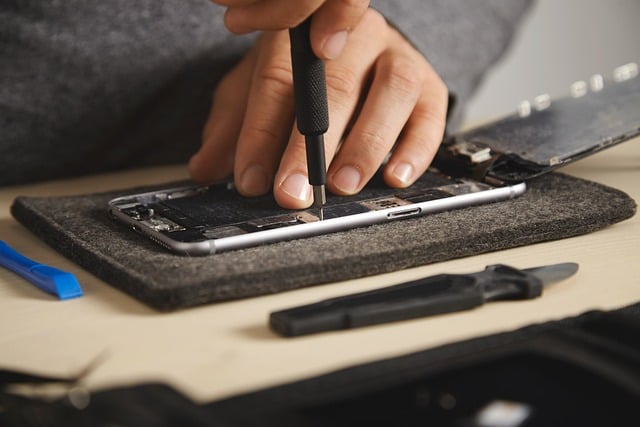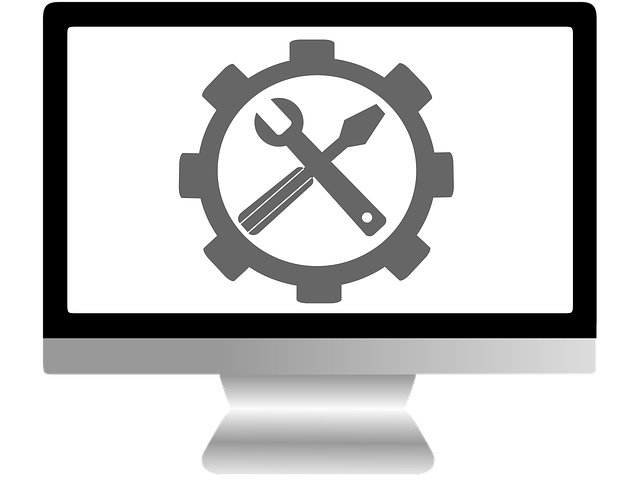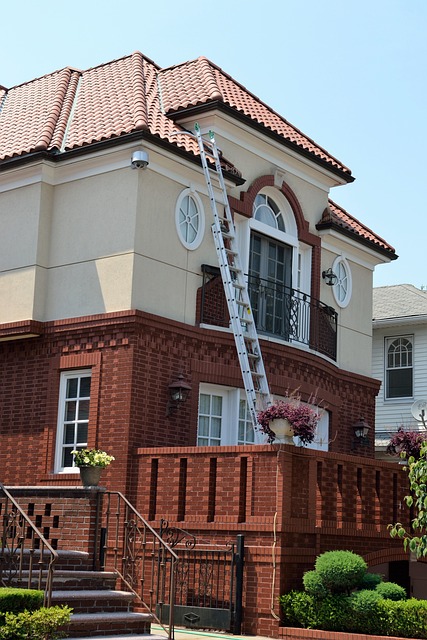A comprehensive home inspection is an essential proactive measure for maintaining a residential property's integrity and ensuring its longevity. Professional inspectors assess various aspects of the home, including electrical systems, plumbing, heating and cooling, roofing, and insulation, to identify current issues or potential problems. This process not only helps in prioritizing necessary repairs but also aids in planning for future maintenance, thereby safeguarding the property's value and safety. Regular inspections and subsequent due diligence are crucial for informed decision-making regarding renovations, upgrades, and home repair and maintenance strategies. They provide homeowners and potential buyers with detailed reports that outline immediate concerns and long-term maintenance needs, which is vital for managing budgets and negotiating with sellers when needed. Effective home maintenance involves prompt and strategic action based on inspection findings, considering the age of components and local climate to address issues before they escalate, thereby maintaining a safe, comfortable, and valuable living environment over time. Home Repair and Maintenance are integral to preserving a home's condition and ensuring its longevity.
When venturing into home ownership, a comprehensive understanding of home inspection and consulting is paramount for maintaining your investment’s integrity. This article delves into the essential role of professional home inspections in upholding home repair and maintenance standards, identifying key elements during an inspection, emphasizing the importance of regular post-inspection maintenance, and offering insights into collaborating with home inspectors. With a focus on home repair and maintenance, learn how to act on inspection findings effectively, ensuring your residence stands the test of time.
- Understanding the Role of Home Inspection in Home Repair and Maintenance
- Key Elements to Look for During a Professional Home Inspection
- The Importance of Regular Maintenance Post-Inspection
- Engaging with Home Inspectors: What to Expect from Consulting Experts
- Strategies for Effective Home Repair Based on Inspection Findings
Understanding the Role of Home Inspection in Home Repair and Maintenance

Home inspection is a critical component in the maintenance and repair of residential properties, serving as a proactive measure to identify potential issues before they escalate into costly repairs. A thorough home inspection by a qualified professional can reveal current conditions, deferred maintenance, and latent defects that may not be immediately apparent to the untrained eye. This due diligence is instrumental in informing homeowners and prospective buyers about the state of a home’s systems and structures, including the electrical, plumbing, heating, air conditioning, insulation, roof, and more. The insights gained from a home inspection enable property owners to prioritize necessary repairs and maintenance tasks effectively, ensuring the longevity and safety of their investment. It also facilitates informed decision-making when planning renovations or upgrades, as it provides a clear picture of what work is needed and in what order to address it. By integrating regular home inspections into a property’s maintenance schedule, homeowners can safeguard their homes against unforeseen damage and expenses, thereby maintaining the property’s integrity and value over time.
Key Elements to Look for During a Professional Home Inspection

When undergoing a professional home inspection, it’s crucial to focus on various elements that can impact both the safety and longevity of your home. A thorough inspection should include an evaluation of the property’s structural integrity, such as the foundation, walls, roof, and overall framing. This assessment ensures that there are no signs of warping, cracking, or other forms of distress that could compromise the building’s stability. Additionally, inspectors must scrutinize home repair and maintenance history, particularly regarding systems like electrical wiring, plumbing, heating, and cooling. These systems, if improperly maintained or installed, can pose significant risks to both occupants and the structural health of the home. Homeowners should be particularly attentive to any signs of aging or wear in these areas, as they are often indicative of more extensive underlying issues that may require immediate attention from repair and maintenance professionals.
Inspecting the exterior of the home, including drainage systems, gutters, windows, and doors, is equally important. These elements must function properly to prevent water intrusion and subsequent damage. Insulation and ventilation in attics, basements, and crawl spaces also play a pivotal role in maintaining comfortable living conditions year-round. During the inspection, it’s essential to check for adequate insulation and proper ventilation, as these factors can significantly affect energy efficiency and home performance. A home that is well-maintained in these respects not only enhances comfort but also reduces long-term operating costs. Homeowners should prioritize addressing any issues found during the inspection promptly, to ensure their home remains a safe and efficient space for years to come.
The Importance of Regular Maintenance Post-Inspection

Engaging with Home Inspectors: What to Expect from Consulting Experts

When embarking on the journey of homeownership or considering a real estate transaction, engaging with home inspectors is a pivotal step. These consulting experts play a critical role in assessing the condition of a property, providing valuable insights into potential repairs and long-term maintenance needs. A professional home inspector will meticulously evaluate the residential space’s structural integrity, mechanical systems, and components that affect the home’s safety, comfort, and energy efficiency. This includes examining the electrical wiring, plumbing, HVAC systems, roofing, insulation, and more.
Homeowners and prospective buyers can expect a detailed report from their home inspector, outlining any issues that require immediate attention or repairs that may be necessary in the near future. This report serves as an essential tool for informed decision-making, enabling property owners to budget for maintenance and repairs effectively. It also empowers them to negotiate with sellers if significant repairs are needed. By leveraging the expertise of home inspectors, individuals can ensure their investment is sound and that they are well-prepared to maintain their property’s integrity over time. Understanding the scope of services provided by these consulting experts and what to expect from their assessments is key to navigating the complexities of home repair and maintenance with confidence.
Strategies for Effective Home Repair Based on Inspection Findings

When addressing home repair and maintenance, it’s crucial to act upon inspection findings with a strategic approach. A comprehensive home inspection can uncover a range of issues, from minor leaks to significant structural concerns. Homeowners should prioritize repairs based on urgency and potential impact on the home’s integrity and functionality. For instance, any water intrusion must be addressed immediately to prevent mold growth and wood rot, which could lead to more extensive damage over time. Similarly, addressing electrical hazards, such as faulty wiring or outdated panels, is not just a matter of safety but also an investment in the home’s future energy efficiency and resale value.
Effective home repair strategies also involve assessing the long-term implications of each issue. This means considering the age of the home’s components, local climate conditions, and the typical lifespan of various materials. For example, if the HVAC system is approaching its end of life, it may be more cost-effective to replace it before it fails entirely. Regular maintenance, such as cleaning gutters, inspecting insulation, and servicing heating and cooling systems, can extend their lifespans and improve energy efficiency. By implementing targeted repair strategies based on detailed inspection findings, homeowners can ensure their homes remain safe, comfortable, and valuable assets for years to come. It’s advisable to consult with professionals who specialize in home repair and maintenance to develop a plan tailored to the specific needs of your property.
Home inspection is an indispensable component of responsible home ownership. It empowers property owners with a comprehensive understanding of their dwelling’s condition, facilitating informed decisions regarding repair and maintenance. By identifying critical elements during professional inspections and adhering to regular upkeep post-inspection, homeowners can safeguard their investment and ensure the longevity of their home. Engaging with seasoned home inspectors provides valuable insights that translate into strategic, effective home repairs, guided by the findings of these assessments. Incorporating these practices into your home management routine is a testament to one’s commitment to maintaining a safe and efficient living environment. Home repair and maintenance are not just about addressing issues as they arise; they are about proactive care and anticipating potential challenges. With the guidance of professional consultants, homeowners can navigate these processes with confidence and ease, ensuring their home remains a secure and comfortable sanctuary for years to come.






